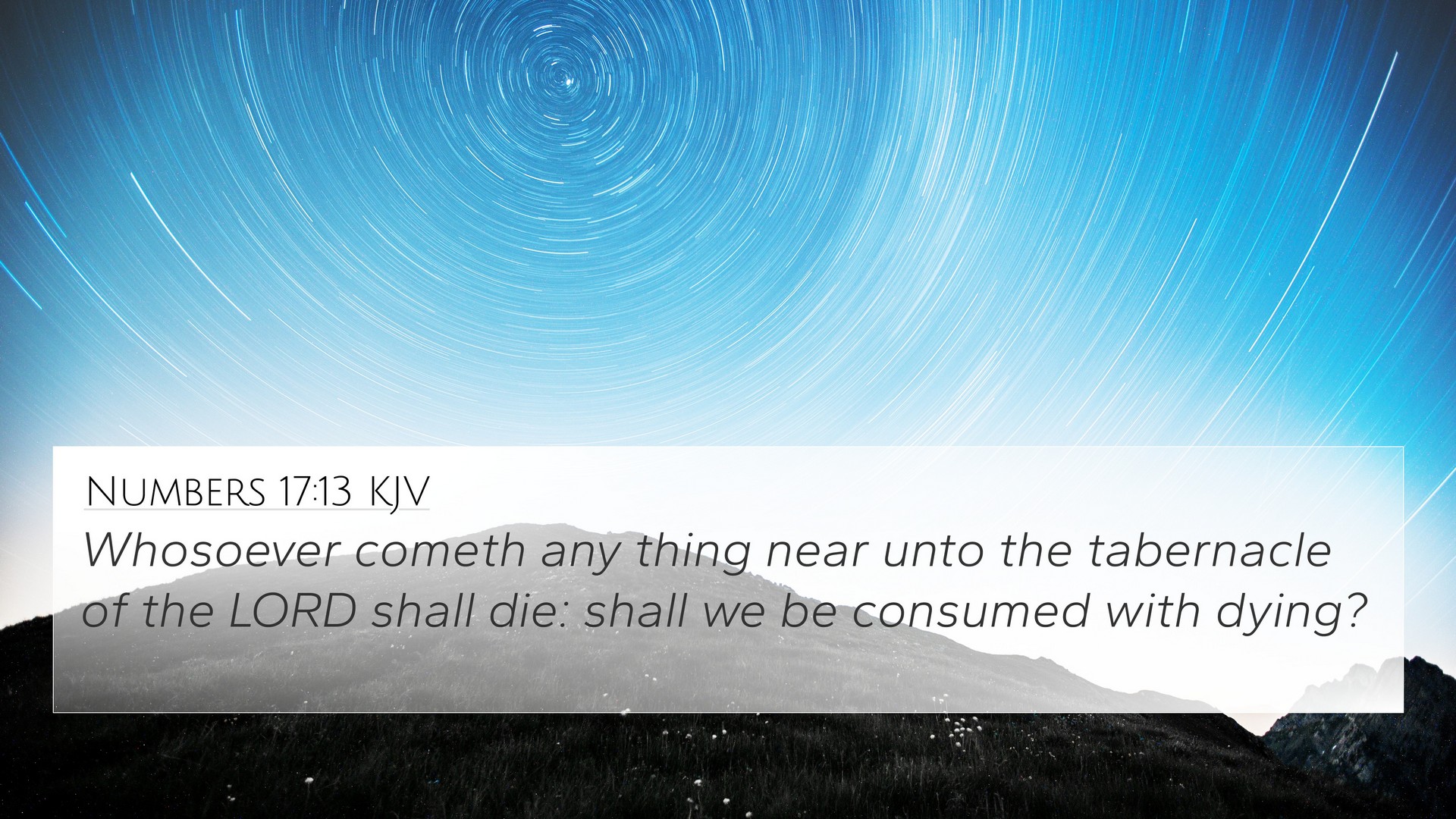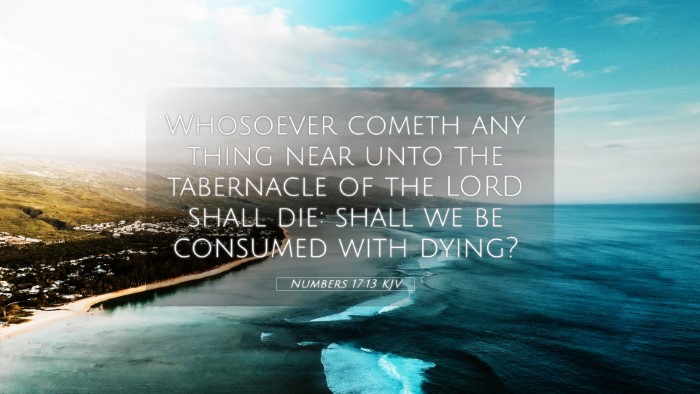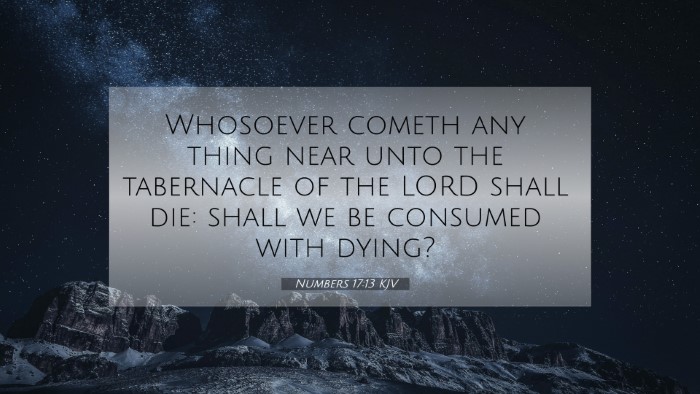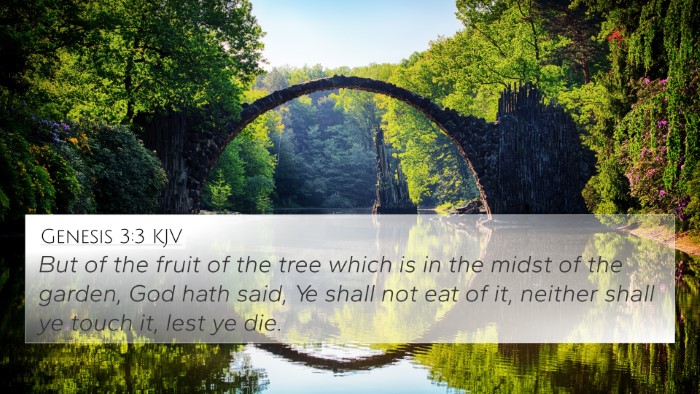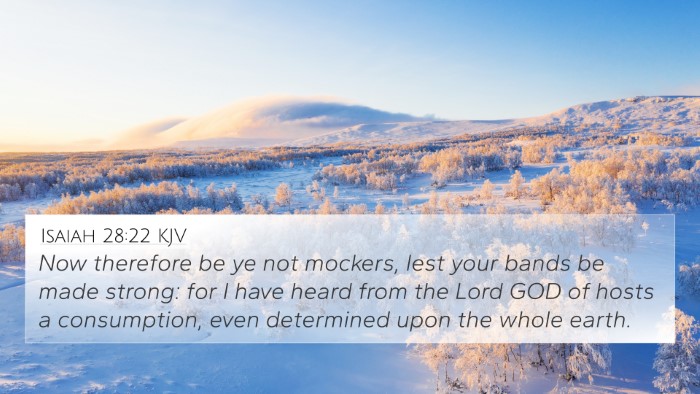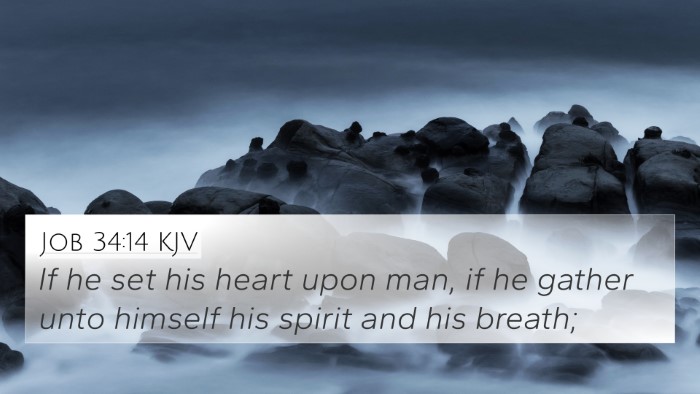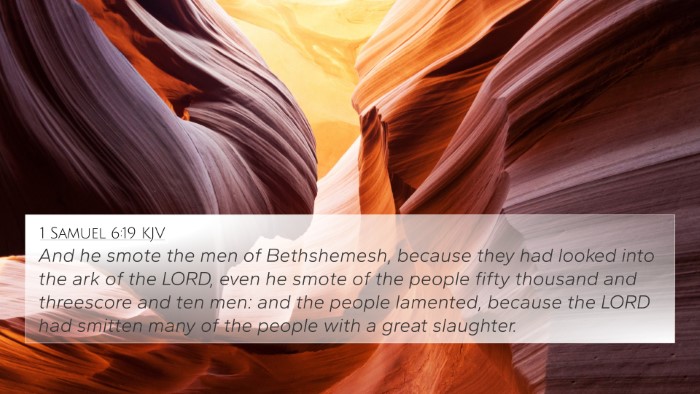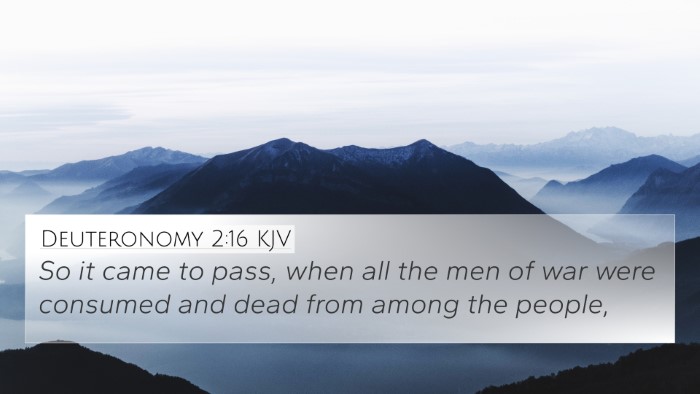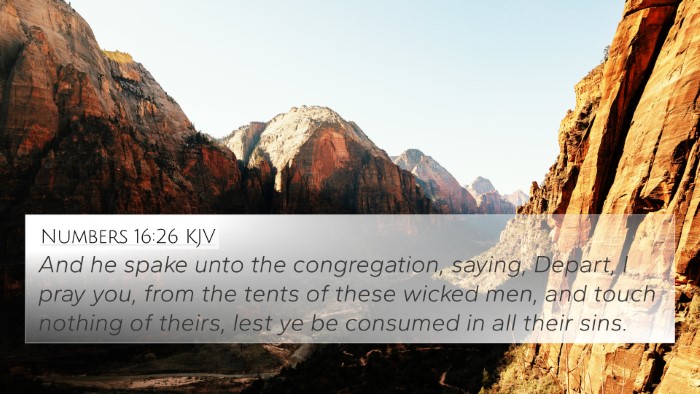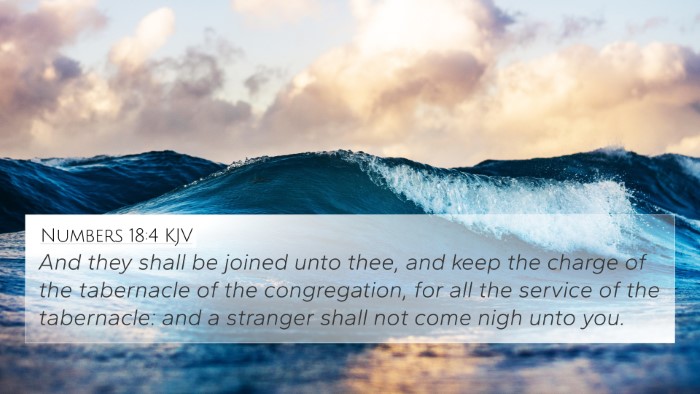Understanding Numbers 17:13
Verse: "And whosoever cometh any thing near unto the tabernacle of the LORD shall die: shall we be consumed with dying?" (Numbers 17:13)
Context and Background
The verse in question is part of a larger narrative in the Book of Numbers, which details the Israelites' journey through the wilderness and their establishment of laws and practices of worship. Numbers 17 specifically addresses the rebellion against God's chosen servant, Aaron, and the consequences of such rebellion.
Interpretation of the Verse
This verse encapsulates the seriousness of approaching the holy presence of God, as manifested in the tabernacle. The phrase "whosoever cometh any thing near" emphasizes the strict boundaries established by God regarding who can approach Him and under what circumstances.
Commentary Insights
- Matthew Henry: He discusses that this verse reflects the divine judgment upon those who presume to approach God without proper authority or reverence. Henry notes the gravity of the statement as a warning to the people about maintaining holiness before God.
- Albert Barnes: Barnes emphasizes the fear that this command evokes among the Israelites, showcasing the necessity of obedience and respect towards God's ordained leaders and His sacrificial system set for atonement.
- Adam Clarke: Clarke provides insight on the concept of divine holiness. He explains how the issue of physical proximity to the tabernacle signifies spiritual readiness and purity, highlighting the need for ritual and moral cleanliness before one can approach God.
Thematic Connections
This verse can be linked with several themes throughout the Scriptures, primarily the holiness of God, the concept of intercession, and the roles of leaders like Aaron within the Hebrew tradition.
Related Cross-References
- Leviticus 10:1-2: The punishment of Nadab and Abihu for offering strange fire before the Lord illustrates the severe consequences of violating the sacred regulations.
- Exodus 19:12-13: God's instructions to Moses about preventing the people from touching the mountain signify the boundaries between the divine and the common.
- Hebrews 12:28-29: The New Testament reiterates the importance of reverence in worship, pointing to the consuming nature of God's holiness.
- 1 Peter 1:16: This quote from Leviticus underscores believers' call to holiness, connecting Old Testament law with New Testament teaching.
- Ephesians 2:18: Highlights how through Christ, believers have access to God, reflecting the change in how individuals approach God after Christ's sacrifice.
- Romans 5:1-2: Explains how faith in Christ provides peace with God and access to His grace - a process affirming the importance of proper approach.
- Revelation 21:2: Describes the New Jerusalem and everlasting communion with God, which contrasts with the penalties faced in the Old Testament for improper approaches.
Connections between Bible Verses
Understanding Numbers 17:13 provides a critical opportunity to explore the connections between various Bible verses. The warnings and themes reflect a divine principle whereby holiness must be upheld to interact with God's presence, reinforcing the idea of living in accordance with divine law.
Tools for Bible Cross-Referencing
For deeper study of these connections, various tools can assist in exploring cross-referenced themes such as:
- Bible concordance
- Bible cross-reference guide
- Cross-reference Bible study methods
- Bible reference resources
- Bible chain references
Conclusion
Numbers 17:13 serves as a pivotal reminder of the holiness of God and the necessary respect required when approaching Him. By exploring the interconnectedness of this verse with others throughout the Scriptures, believers can gain deeper insights into God's nature, the significance of obedience, and the importance of having a right relationship with the Holy One.
